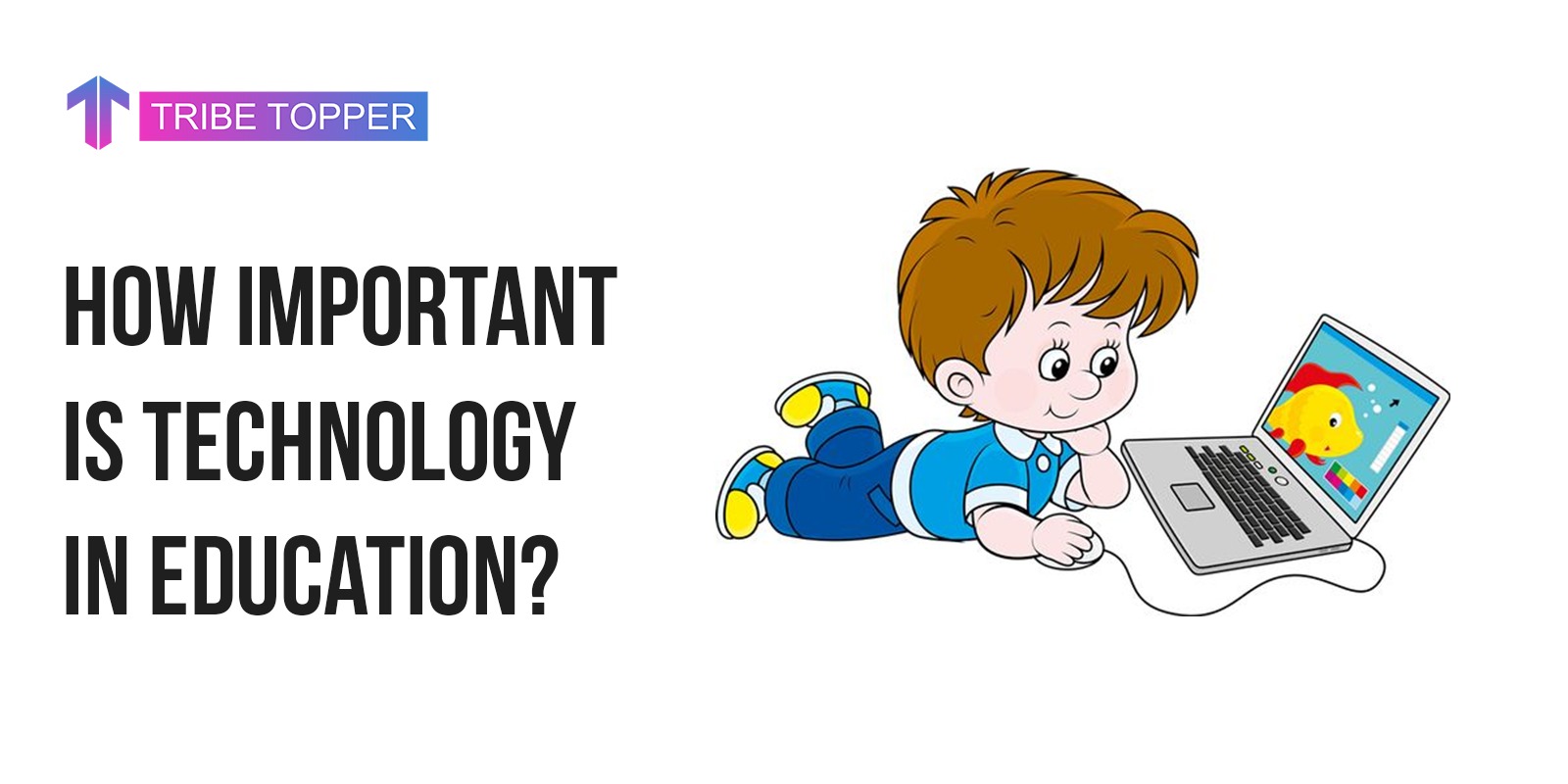How Important is Technology in Education?
Education is incredibly important for individuals and societies. It is of paramount importance for personal growth, economic prosperity, social mobility, health, civic engagement, and cultural preservation. It is a fundamental human right that empowers individuals and societies, driving progress and creating a brighter future for all.
Today is the world of digitization and globalization where everyone is connected to every other person in different corners of the globe. That itself is self explanatory when we talk of globalization in context of the advent of technology. This is the vast arena so as to make the discussion in a direction we would like to talk specifically on the New face of Tech Education which has evolved mainly due to the technology.

People now prefer having online lectures at their ease of time and availability. This was not a one step transformation, it took a lot of time to make the people believe that the traditional form of education can be replaced by technology oriented online education. Today this seems very obvious but at that time, it was difficult even to compare traditional and online education.
But today technology has revolutionized the way we learn and has opened up a vast array of opportunities for both educators and learners. So it’s high time for us to understand and analyze how important technology is for education.
Here, we will explore the importance of technology in education, highlighting its transformative impact on teaching methodologies, student engagement, access to information, and the development of essential skills for the future.
- Enhanced Teaching Methodologies: Technology in education has paved the way for innovative and effective teaching methodologies. Traditional chalkboard-based instruction has given way to interactive multimedia presentations, virtual simulations, and collaborative online platforms. These digital tools provide teachers with an array of resources and aids that can cater to diverse learning styles, making education more accessible and engaging. Moreover, technology enables personalized learning, allowing educators to tailor instruction to individual student needs and pace. With the help of learning management systems and educational apps, teachers can track student progress, identify areas of improvement, and provide timely feedback, thus promoting a more efficient learning process.
- Increased Student Engagement: One of the most significant advantages of incorporating technology in education is its ability to enhance student engagement. Traditional passive learning methods often result in disinterest and limited participation. However, technology offers a range of interactive and immersive learning experiences that captivate students’ attention and foster active participation. Gamification, virtual reality, and augmented reality applications make learning enjoyable, turning the classroom into an exciting and dynamic environment. Through interactive quizzes, online discussions, and multimedia presentations, students can actively engage with the subject matter, collaborate with peers, and develop critical thinking and problem-solving skills.
- Access to Information and Global Connectivity: Technology has democratized access to information, breaking down barriers and enabling learners to explore a wealth of knowledge at their fingertips. The internet serves as an immense repository of information, allowing students to conduct research, access digital libraries, and explore various perspectives on any given topic. Online educational platforms and Massive Open Online Courses (MOOCs) like Tribe Topper offer high-quality educational resources from prestigious institutions around the world, providing equal learning opportunities for students regardless of their geographic location or socioeconomic background. Moreover, technology has fostered global connectivity, facilitating communication and collaboration among students from different countries, cultures, and backgrounds. This intercultural exchange of ideas broadens horizons, promotes tolerance, and nurtures global citizenship.
- Developing Essential Skills for the Future: In the digital age, the demand for a diverse set of skills has evolved significantly. Technology integration in education equips students with the necessary competencies to thrive in the 21st century. Information literacy, digital literacy, and media literacy are crucial skills for effectively navigating and evaluating the vast amount of information available online. Moreover, technology encourages creativity and innovation through digital content creation, coding, and programming. These skills empower students to become active contributors rather than passive consumers of technology. Additionally, collaboration tools and online platforms foster teamwork, communication, and interpersonal skills, preparing students for the collaborative work environments they are likely to encounter in their future careers.
In conclusion, technology plays a pivotal role in transforming education, offering vast possibilities for both educators and learners. By embracing technology, education becomes more engaging, interactive, and student-centered. It enhances teaching methodologies, facilitates student engagement, expands access to information, and develops essential skills for the future. However, it is important to recognize that technology is a tool and should be used judiciously, considering the needs of learners, pedagogical goals, and potential challenges. By striking the right balance between technology and traditional teaching methods, we can excel in our academics as well as in our life.

